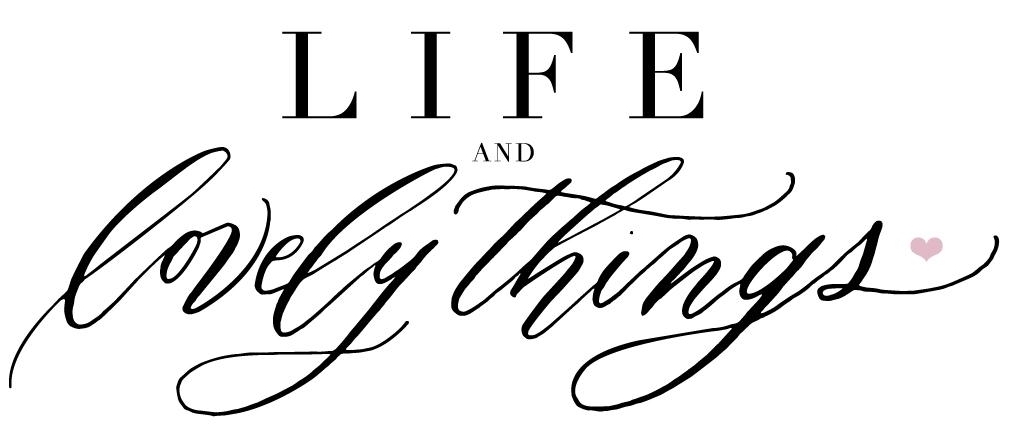Be Here Now. How? A Practical Conclusion
“You have to participate relentlessly in the manifestation of your own blessings.”
So far, I’ve shared my thoughts on why awareness is important and I’ve detailed a few strategies for staying awake: (1) minimizing distractions, the biggest of which for many is technology, (2) filling our lives with the kind of beauty to which we must attend, and (3) being conscious of what’s going on behind the scenes of our pain that will lead us to peace. Now I’d like to offer a few tips and daily practices to help some of this stuff stick.
Daily planner by Jazmin Quaynor
1. Get familiar with the inner workings of your mind.
I want to be as familiar with my cerebral quirks as I am with my color arranged closet, or my container laden refrigerator, or the face my husband makes when he’s just lied about eating junk food. To that end, I adopted a practice I read about in Julia Cameron’s book, The Artist’s Way of writing 3 pages every morning as soon as I wake up. It's such a beneficial exercise, as I’m able to de-clutter, separate genuine insights and desires from superfluous rambling, and better understand how my mind works. I can see the nature of my complaints, assumptions, responses, inner dialogue and even my neurosis (the closet and refrigerator situations should have been red flags). The point is not to change any of it initially (I have found that will come) but just to see there are some definite patterns.
2. Set intentions and periodically regroup.
Throughout the day, I set intentions about what I am going to attend to. I do it in the morning when I wake up and many times thereafter. I impose frequent quiet times for myself to re-prioritize. These days, that means my 3-year old plays with her stuffed animals and takes a break from trying to tear down the house. When I was knee-deep in corporate grief, err achievement, it meant walking to Starbucks for a cup of tea. Regardless, everyone needs a periodic woo-saa or we’re just running around in circles without focus. Certainly the to-do list can’t be so rigid that we miss a golden unicorn should it appear (they’re real, without question), but being intentional and deliberate about how to use our attention is some grown woman stuff (just like the epic breast push in Beyonce's Who Runs the World video at about 2:30. Grown. Woman. Stuff.).
3. Think of attention as a resource.
No way we can pay attention to everything nor should we try. The goal is to pay attention to the right things – the things that matter to us. Knowing what matters takes some self-awareness, in addition to some hindsight and foresight as to past and best-guess future sources of joy and regret (let’s put those super-powers to work - not to define but to suggest). Besides my Morning Pages practice which is wonderful at piecing together a lot of that, I also do a fair amount of reading and reflection. There comes a point at which one can reasonably rely on her own wisdom, but to the extent that someone else’s story gives more meaning and perception to your own, reading can be quite helpful. I also make it a point to seek out and to pay attention to anything that stirs my soul, not all of which is necessarily good. If you’ve ever been jealous, for example, you know that it’s as soul-stirring as a first date, and as revealing. Keeping tabs on what’s important allows me to direct my attention to those areas and given that attention is limited, efficiency is good.
4. Give three thanks.
I watched a TED talk on being happier and at the end of a very humorous 15-or-so minute presentation, psychologist Shawn Achor shared a few specific strategies. One of them was to write down three new things you are grateful for each day for 21 days in an effort to reprogram your brain to seek out positivity. I gave it a shot and found I was indeed happier but it was because I began to be more aware of things to be grateful for as those things were happening. I started out reflecting at the end of each day, remembering those little sources of thankfulness, but as I continued with the practice, I was soon able to not only spot them more readily but to do so in the present moment too. One of the easiest brain hacks to quickly generate optimism and awareness ever.
5. Practice.
I attended a Zen center recently with my husband. I had visions of reaching a state of nirvana and communing with monks over ginger infused tea. Instead, I spent a 30-minute meditation period wondering whether the birds chirping just outside the window preferred worms or seeds. It turns out that simply paying attention isn’t simple at all. The running commentary in my head is kind of like white noise in the background of my life – sometimes subtle, sometimes overwhelming, but ever present – like laundry, as I think about it. Clearly, I’m a work in progress and, at this point in my life, I’m okay with that. Slowing down, noticing the things that matter, watching thoughts, letting things be as they are without a past or future and the rigid interpretations that come with each, takes practice. I’m loving the word cultivation these days because it implies process, journey, empowerment and self-direction, all of which are counter to instant gratification but in perfect harmony with eventual mastery. Every single time I find myself moving too quickly or missing the important things, I just bring myself back and reset. No self-berating required…ever.
So that’s it…not an exhaustive list but hopefully a helpful one. Would love to hear some of your tips for staying woke too! :-)
Love in all things,
April Eileen

